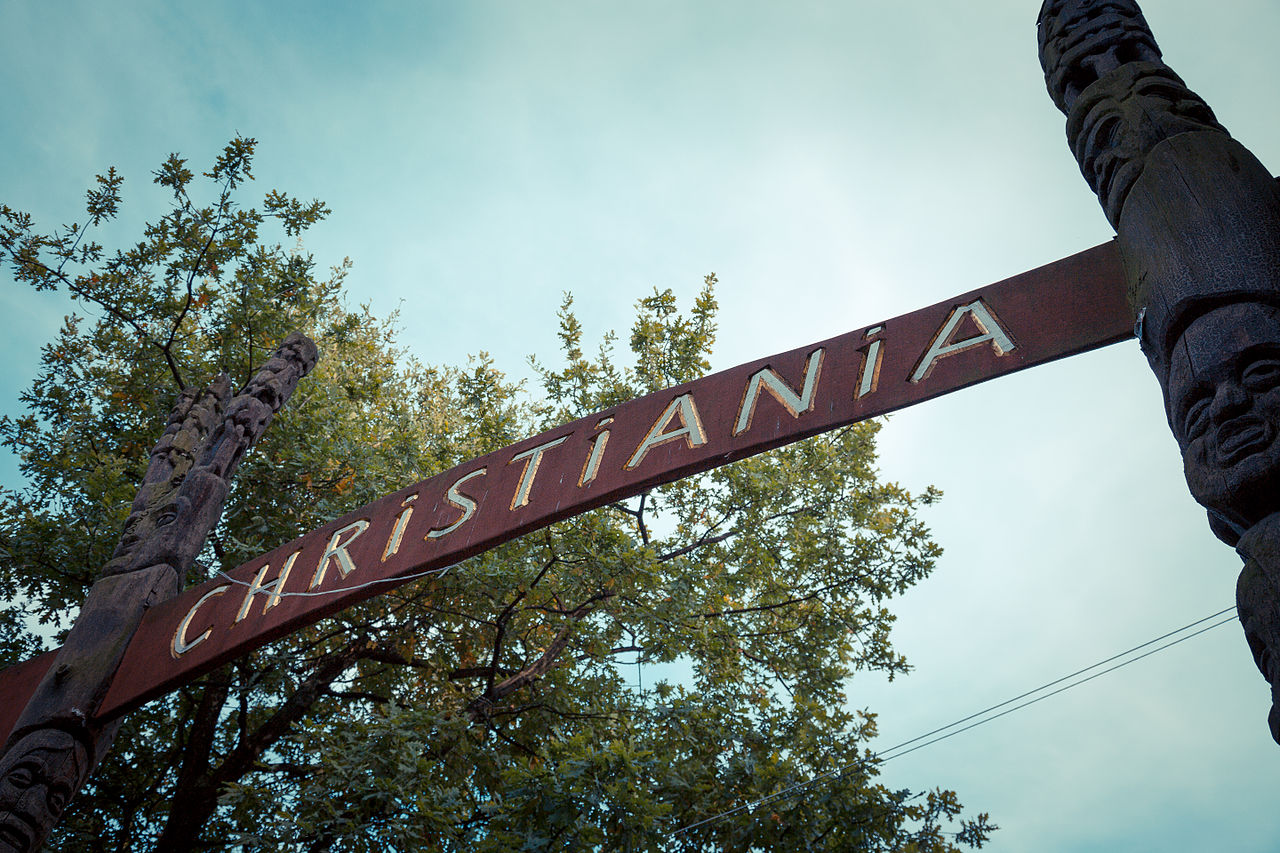 Photo: Tony Webster (CC BY 2.0)
Photo: Tony Webster (CC BY 2.0)
Government Unveils Tough Measures to Combat Organized Drug Crime on Pusher Street
Both sellers and buyers are targets of the government’s new measures against organized drug crime, including on Pusher Street.
The government plans to introduce two new measures to assist the police in the fight against organized drug crime, including on Pusher Street: It should be possible for the police to establish a targeted enhanced penalty zone in Christiania, where there is open and organized trade in illegal substances, and there should be stricter penalties for violating zone prohibitions.
“The government will crack down on organized drug criminals with penalty zones and zone prohibitions. With these new measures, the punishment for drug-related crimes, including on Pusher Street, could double, and individuals prohibited from entering the area can expect even harsher penalties. It is intended to aid the police in combating gangs and their influence on local areas, particularly Pusher Street in Christiania. It also sends a clear message to buyers: Do not buy hash on Christiania – because you are contributing to the criminal business of gangs and the brutal violence that accompanies it,” says Minister of Justice Peter Hummelgaard, adding:
“When we also target buyers, it is to reduce the demand for illegal substances in Christiania. It is part of the long-term strategy for a permanent closure of Pusher Street. At the same time, it is important that the area undergoes physical transformation. Therefore, the government fully supports the development of a comprehensive plan for a fundamental transformation of the area around Pusher Street. This aims to attract a different kind of visitor than those who visit Pusher Street today – it could be legal businesses, public housing – or something entirely different.”
Specifically, the government will grant the police the authority to designate a targeted enhanced penalty zone in Christiania, where there is open and organized trade in illegal substances. In such a penalty zone, the penalties for activities such as trading in and possessing illegal substances could double. As is the case in existing enhanced penalty zones, violations that are currently punished with fines may result in imprisonment upon a second offense in the zone. Additionally, the first offense fine will also double.
Furthermore, the government will increase the penalties for violating the zone prohibitions that the police currently have the authority to impose on individuals participating in organized hashish trade. The government also aims to make it easier to detain individuals who violate a zone prohibition. The goal is to provide the police with the best tools to remove individuals involved in hashish trade from the streets.

